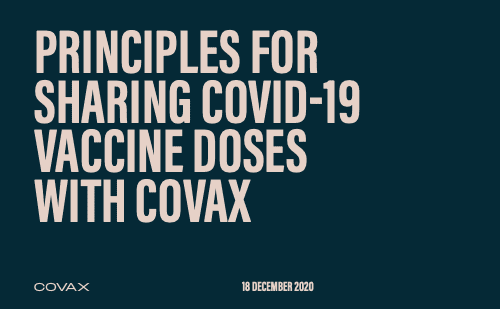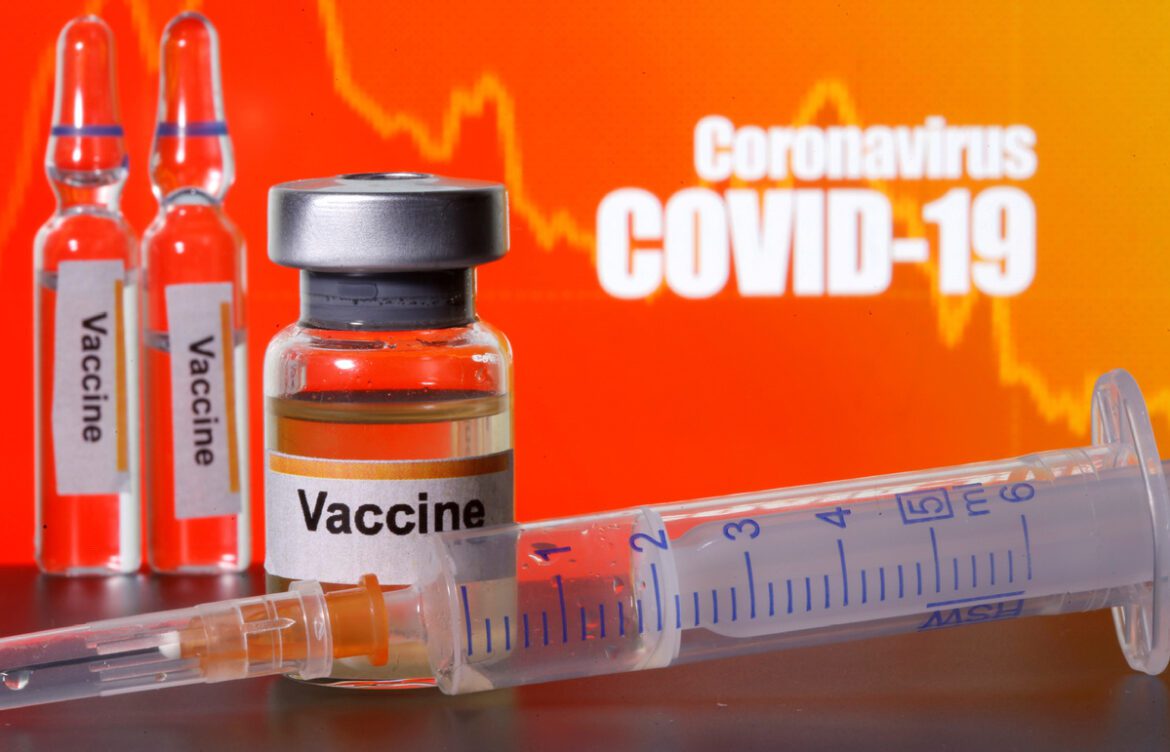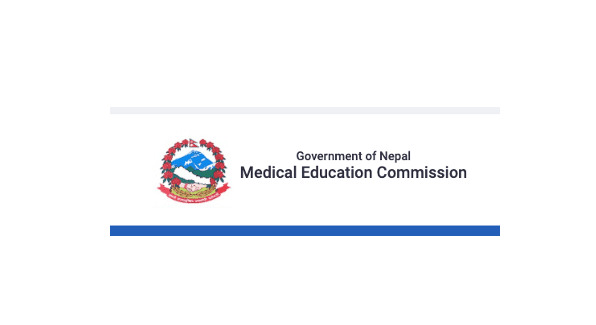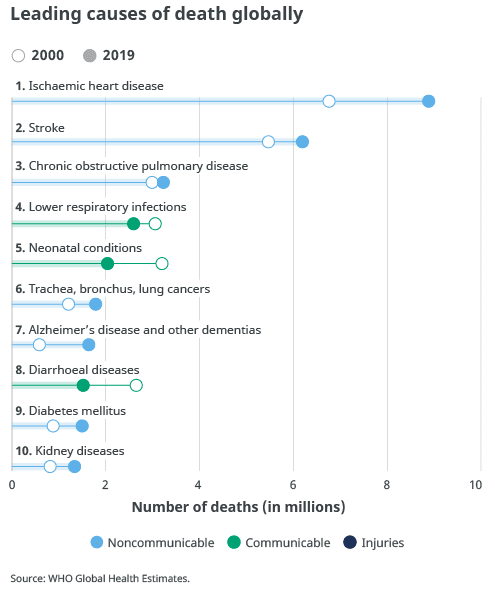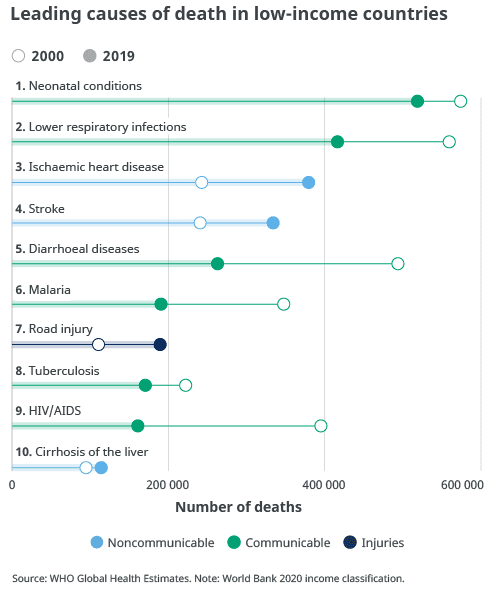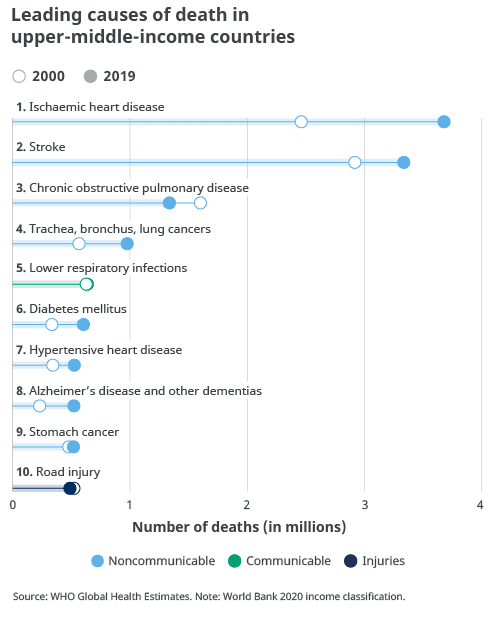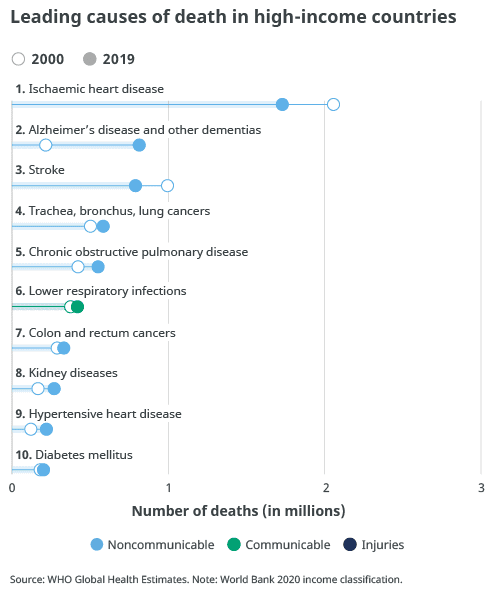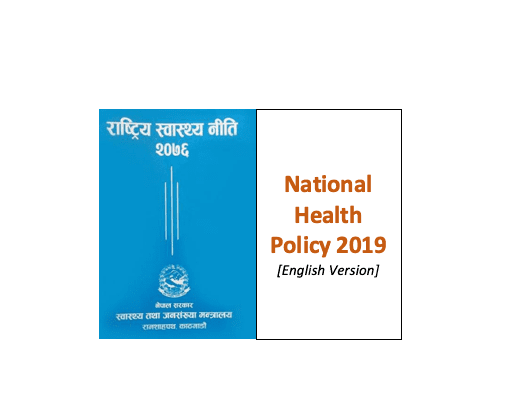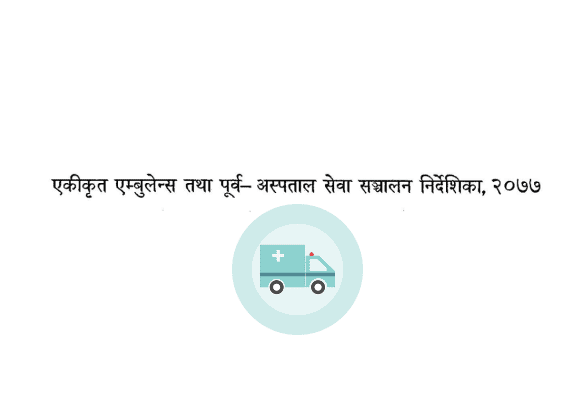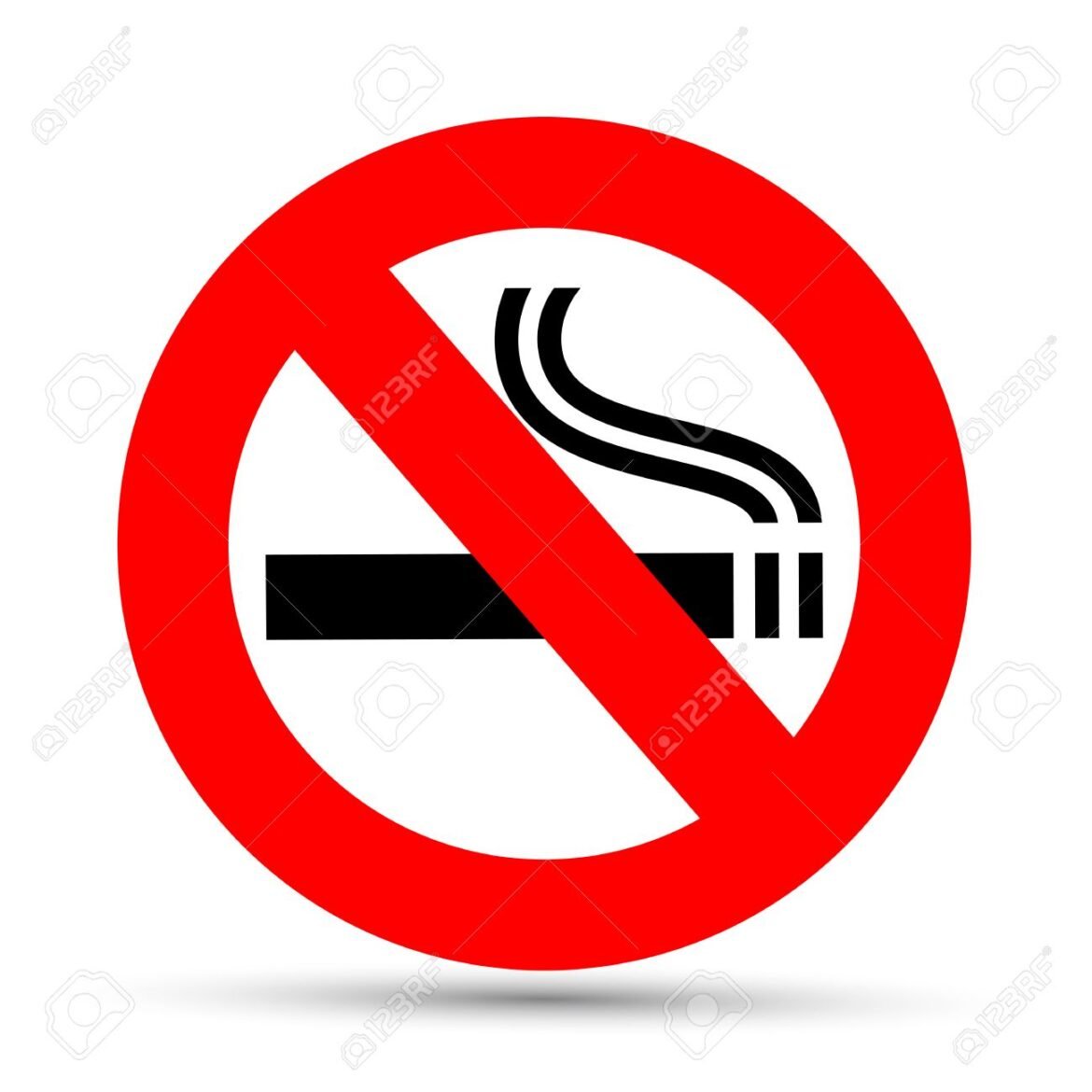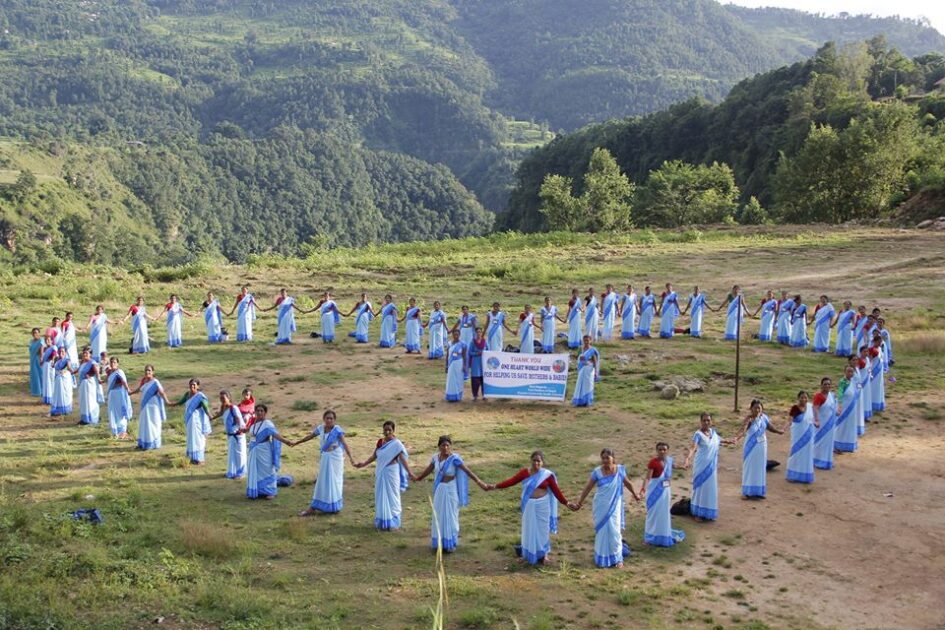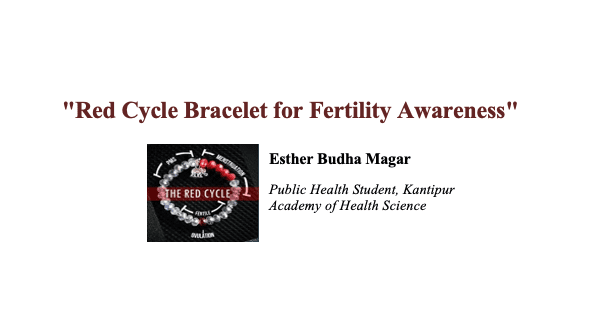COVAX is a bold international initiative to ensure fair and equitable access to COVID-19 vaccines for all countries regardless of wealth. The COVAX Facility (Facility) is responsible for securing the vaccines. Donors have contributed an initial US$2.4bn for the Gavi COVAX Advance Market Commitment (AMC) to accelerate access to safe, efficacious, and early doses of COVID-19 vaccines.
Gavi is seeking at least US$4.6bn in additional funding in early 2021 to ensure the purchase of COVID-19 vaccines for at least 20% of the population of all AMC-eligible economies in 2021. Access to early doses will enable these countries
to build capacity to roll out vaccines and immunize their health workers and highest risk populations as soon as possible.
Given the increasing number of emergency use authorizations for COVID-19 vaccines by stringent regulatory authorities (SRAs), some countries
have secured sufficient doses to begin sharing a portion of those doses rapidly with other countries. Consequently, the Facility is accelerating its work with potential dose-sharing countries, and vaccine manufacturers, to include these doses in the Facility and facilitate their equitable global distribution. These shared doses will complement the early doses procured through the Facility. They can accelerate the Facility’s goal of ensuring participating countries – primarily AMC-eligible countries, but potentially others – achieve coverage of up to 20% of their population as soon as possible in 2021 and can expand coverage beyond that in 2021. To maximize impact, the Facility promotes the following principles for shared doses:
- Safe and effective: shared doses must be of assured quality with, at a minimum, WHO prequalification/emergency use listing or licensure/authorization from an SRA. Vaccine doses could be transferred to countries most rapidly if they are already in the COVAX Portfolio; other vaccines can be considered if they meet WHO’s Target Product Profile and the standards set by the Independent Product Group for vaccines in the COVAX portfolio.
- Early availability: shared doses should be made available as soon as possible and ideally concurrently by the sharing country as it receives vaccines to increase equitable access and have maximum impact. Dose sharing should begin very early in 2021. Doses provided later in 2021 and beyond could still help increase coverage in countries and impact the pandemic.
- Rapidly deployable: sharing of doses should be signaled as early as possible in the manufacturing process, with the dose-sharing country facilitating authorizations, so that doses are shipped directly from the manufacturer with universal labelling and packaging, allowing rapid deployment and maximizing shelf-life.
- Unearmarked: to facilitate equitable access and in keeping with COVAX’s allocation mechanism, doses should not be earmarked for specific geographies or populations.
- Substantive quantity: shared doses should be of sufficient and predictable volumes to have a substantive impact in achieving the goals of the Facility.
Shared COVID-19 doses would ideally be fully paid for by the dose-sharing country, including ancillary costs where possible. When shared vaccines are being provided to AMC-eligible economies, the Facility may also consider contributing to the costs of doses or options for doses at Facility prices (for example, for doses that are available early in 2021). These principles will be implemented in consultation with dose-sharing countries and vaccine manufacturers.
In keeping with the Facility’s goals, principles, and operations, the Facility will ensure that shared doses are distributed equitably, effectively, and transparently through the COVAX Allocation Mechanism. In parallel, COVAX is supporting AMC-eligible economies to optimize readiness for vaccination and ensure that ‘no dose sits idle’. For AMC-eligible economies, shared doses would be eligible for the Indemnity and Liability provisions for these economies.
The COVAX Facility welcomes commitments by potential dose-sharing countries and manufacturers to adopt these principles, which are in line with the overall principles of COVAX, and to partner with COVAX to provide additional
doses for equitable distribution.
Recommended readings
- VACCINES DEVELOPMENT PROCESS & CLINICAL TRIALS
- Call to Action: Vaccine Equity Declaration
- WHO lists two additional COVID-19 vaccines for emergency use and COVAX roll-out
- COVID-19 Vaccine FAQs (Nepali)
- DDA approves ‘COVISHIELD’ vaccine for emergency use in Nepal
- Orientation to National Deployment and Vaccination Planning for COVID-19 Vaccines
- WHO issues its first emergency use validation for a COVID-19 vaccine
- Principles for sharing COVID-19 Vaccine doses with COVAX
- Online Course: Vaccine Economics Online Course
- WHO convenes manufacturers, regulatory authorities meet on COVID-19 vaccines
- WHO ADDS JANSSEN VACCINE TO LIST OF SAFE AND EFFECTIVE EMERGENCY TOOLS AGAINST COVID-19


